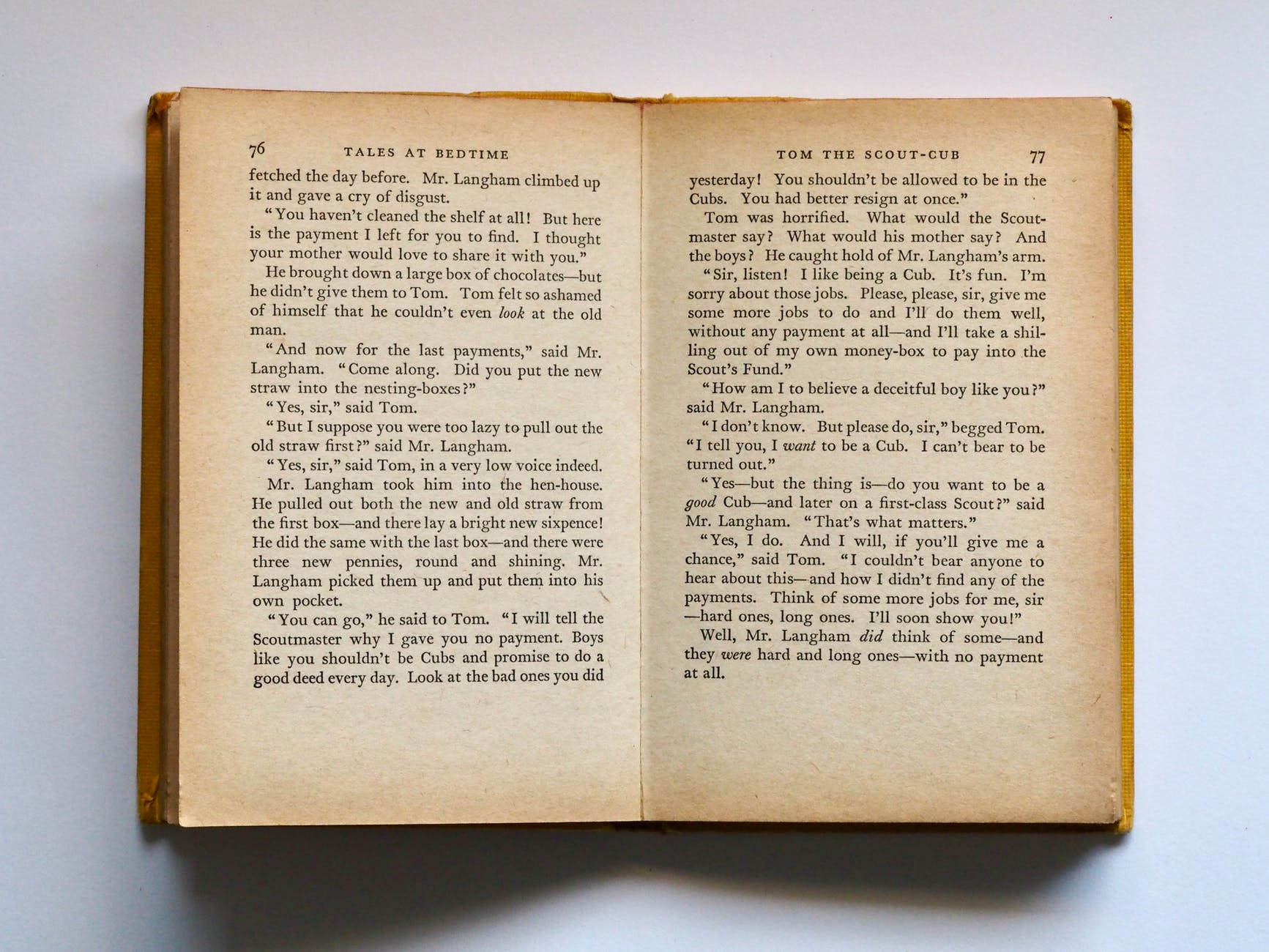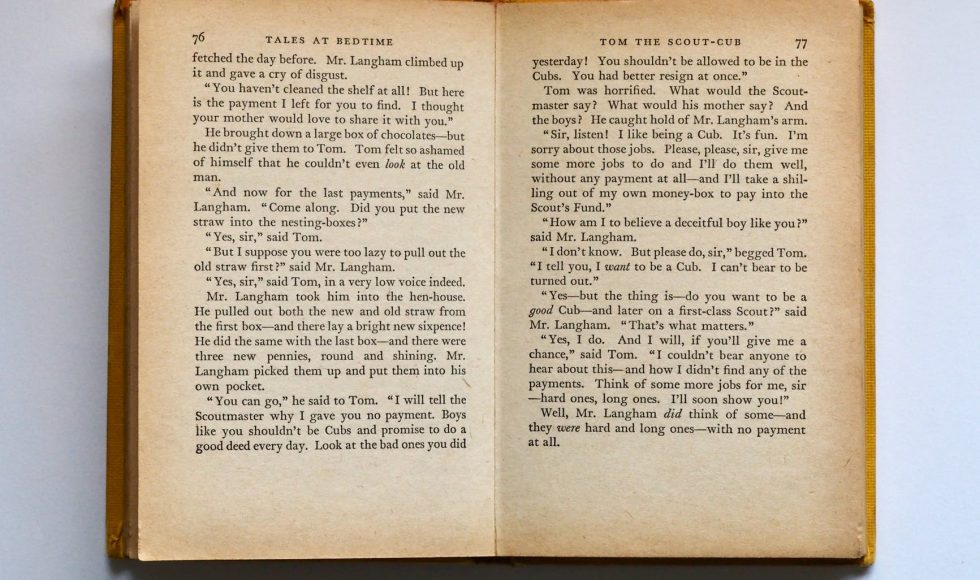Will Cross does so much for our campus and presents all over! Tonight I watched an Open Ed 2021 session entitled “From Code to Practice: Lessons Learned from Making OER with the Code of Best Practice in Fair Use” with Will Cross, Meredith Jacob, Peter Jaszi, and Prue Adler. Jacob, Jaszi, and Adler are from American University. Jacob started by describing why fair use in OER and the purpose of the Code. The three legal provisions that Jacob described as pillars of OER are: public domain, creative commons, and exceptions and limitations. Public domain refers to works not protected by copyright. Creative Commons are works with some rights reserved: permission. The exceptions and limitations: “legal right to use in-copyright works.” One example Jacob shared was the use of excerpting and quotations in an OER. Jacob also noted that not relying on fair use could make it more challenging for students with disabilities and underrepresented voices to access information.
Jaszi spoke about The Code to Practice. The Code is part of a number of other codes for best practice in fair use. One example is the use of “inserts as objects of criticism and commentary” for educational purposes. Another point Jaszi made was the category of “including inserts for the purpose of illustration.” For certain categories of OER like language teaching, bringing copyrighted material into OER can be used for students to develop skills. Jaszi also described the “repurposing of pedagogical content from existing educational materials.” Will Cross spoke about sharing materials to guide practice in specific communities, such as OER guidelines. Examples from NCTE were shared to illustrate how people are using the Code. Cross mentioned how some practice communities for OER development are being developed in the areas of language learning, representation, health sciences, and LIS and Open Knowledge. Importantly, the group wants feedback from users and communities to develop a useful set of resources. As Jacob put it: “what are the common questions?” to make the Code less abstract. Cross mentioned that “Fair use is actually one of the safest risks we can take” and centers what good scholars would do. I thought that was a thought-provoking way to conclude.



